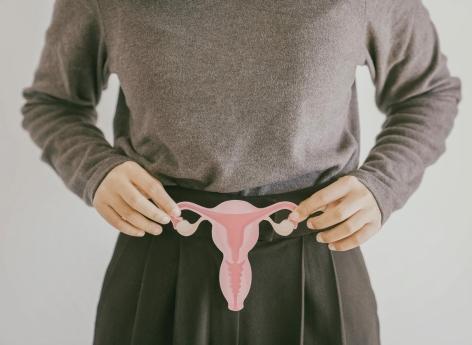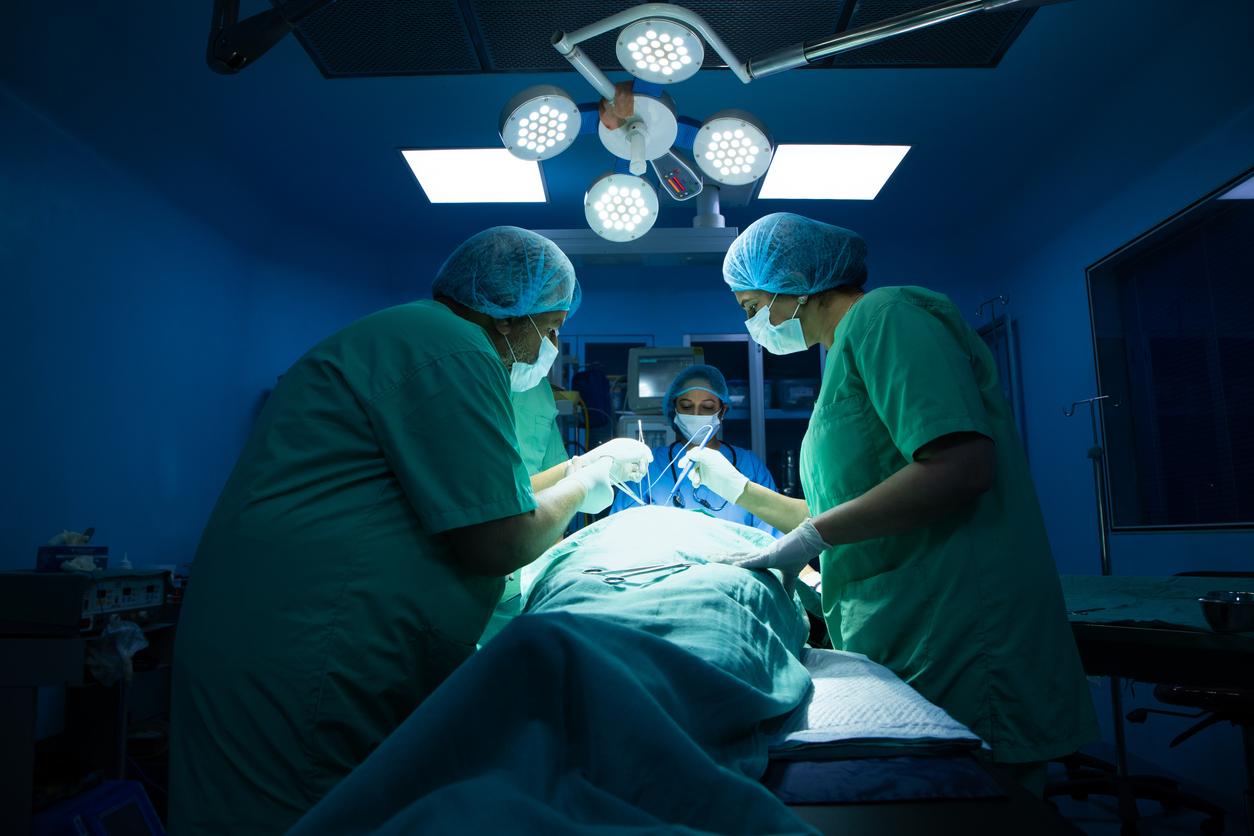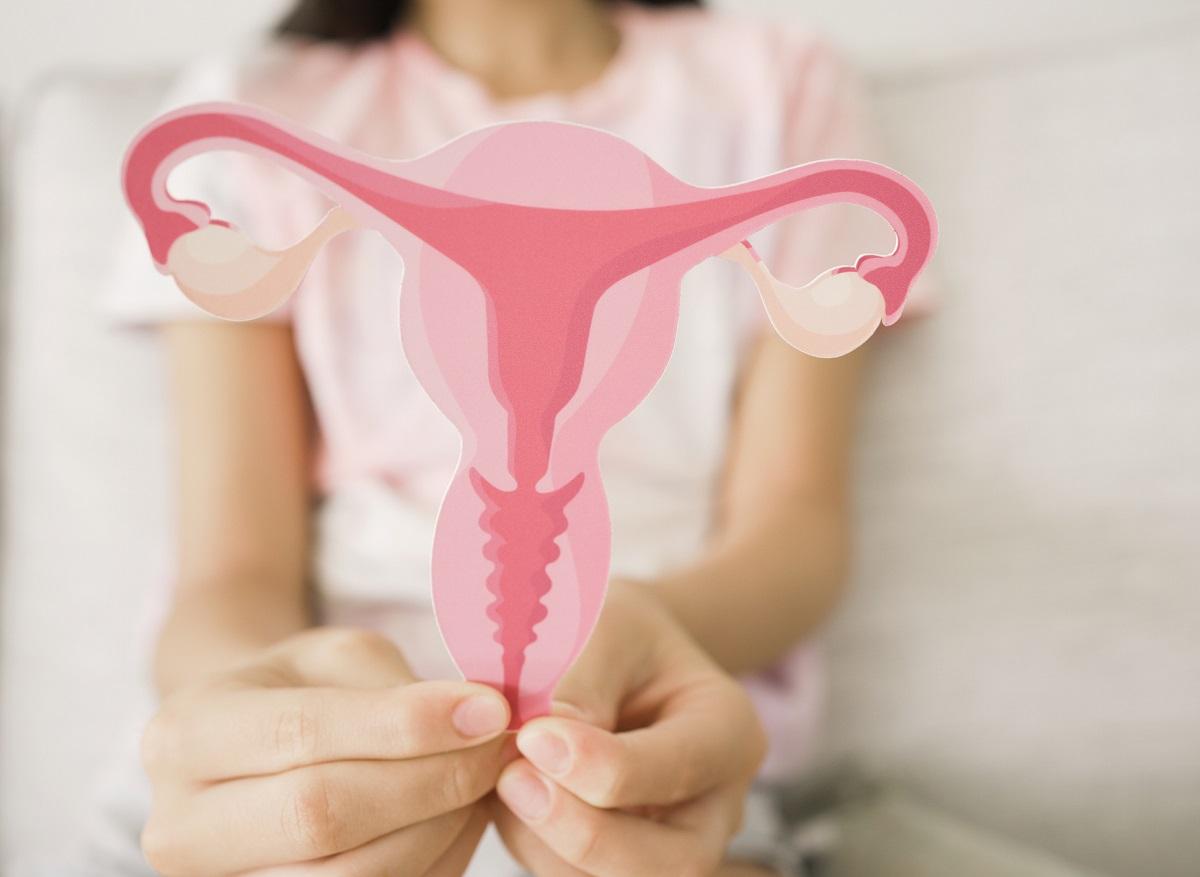Altered gut bacteria could promote the development and progression of endometriosis.

- For the moment, the only treatment allowing the complete elimination of the lesions associated with endometriosis is surgery.
- The microbiota of a healthy individual includes around 160 species of bacteria.
According to I’National Institute of Health and Medical Research (Inserm), one in ten women has endometriosis, a gynecological disease related to the presence of tissue similar to the uterine lining outside the uterus. Women who have it usually have severe pain and may have difficulty – or even an inability – to get pregnant.
The role of gut microbiota bacteria in endometriosis
A study recently published in the journal Cell Death Discovery, links the role of the intestinal microbiota in the development of endometriosis. This is made up of several microorganisms: bacteria (mostly), viruses, parasites and non-pathogenic fungi, etc. It is very important for the proper functioning of our body.
During their experiment, they worked on mice. “To investigate the role of the microbiome in endometriosis, we first implemented a new mouse model of the condition in which we eliminated the microbiome using antibiotics“, explains Dr. Rama Kommagani, lead author of this study, in a communicated.
Thus, they observed that mice that had a microbiota had greater endometriosis lesions compared to those that had no microbiota. In addition, when the latter received microbiota from mice with endometriosis, their lesions increased. These results show, according to the authors, that the altered intestinal bacteria lead to the progression of the disease. In contrast, the uterine microbiome does not appear to affect disease progression.
Intestines: modification of the microbiota, a new avenue of treatment
Another discovery by the researchers: the role of certain metabolites (organic substances produced by microbes in the microbiota) in the progression of the disease. Indeed, they observed that treating endometriotic cells and mice with a metabolite called “quinic acid” increased cell proliferation and the growth of endometriotic lesions.
The scientists thus believe that the modification of the intestinal microbiota could perhaps, in the long term, be a lead for a future treatment of endometriosis. “We are currently investigating this possibility, says Dr. Rama Kommagani. Endometriosis is usually diagnosed by ultrasound, and an invasive procedure is needed to fully characterize the lesion. We are investigating whether microbiome metabolites in human stool samples can be a useful diagnostic tool and also whether some of these metabolites could be used as a treatment strategy.“


















